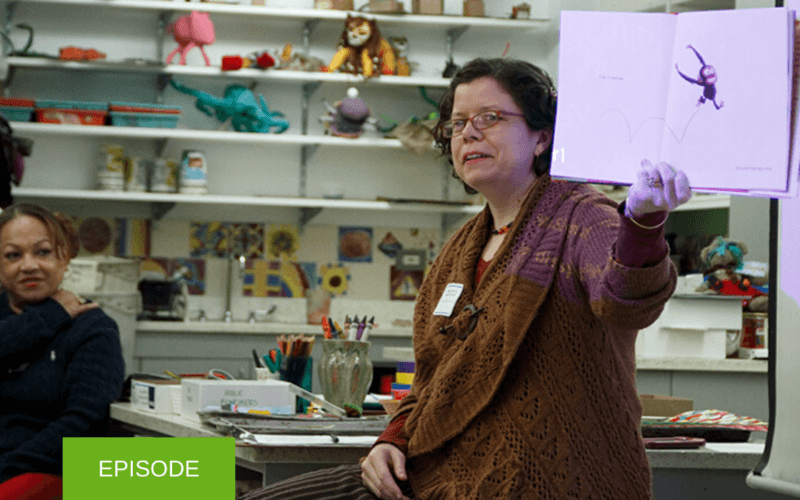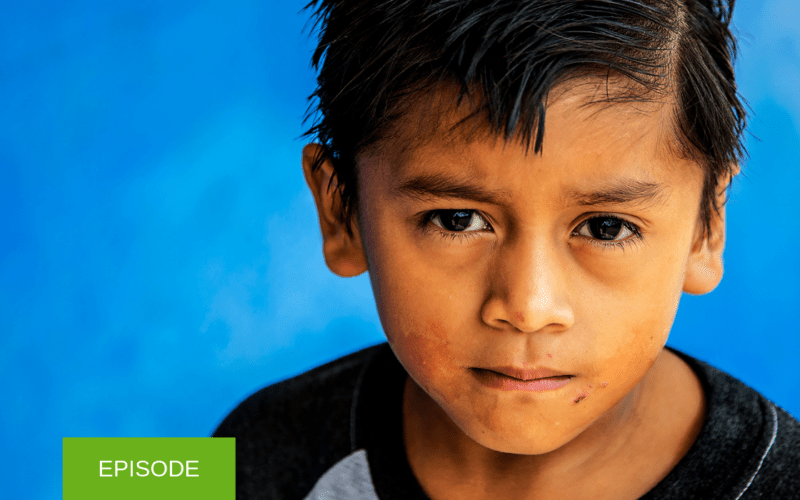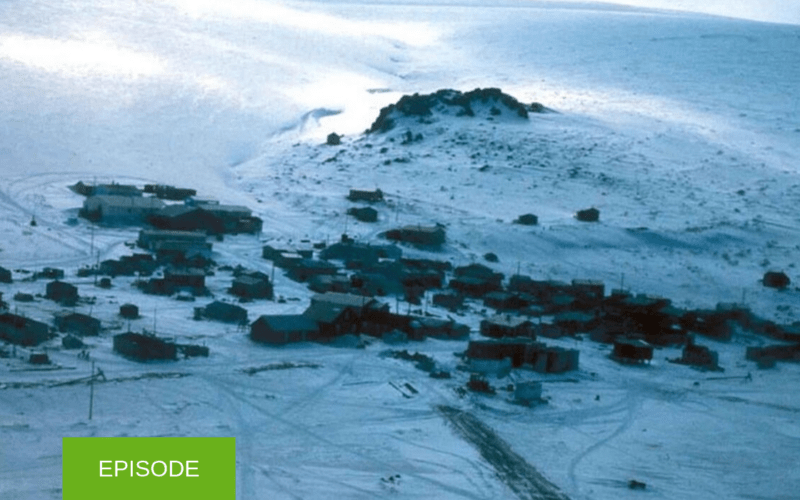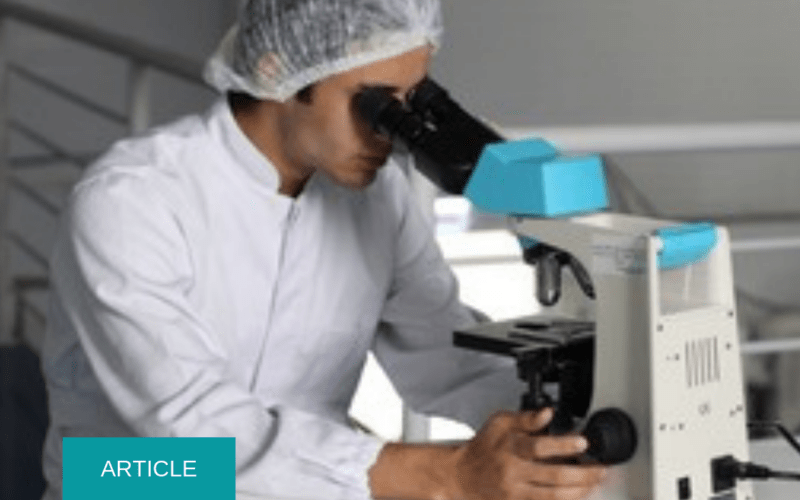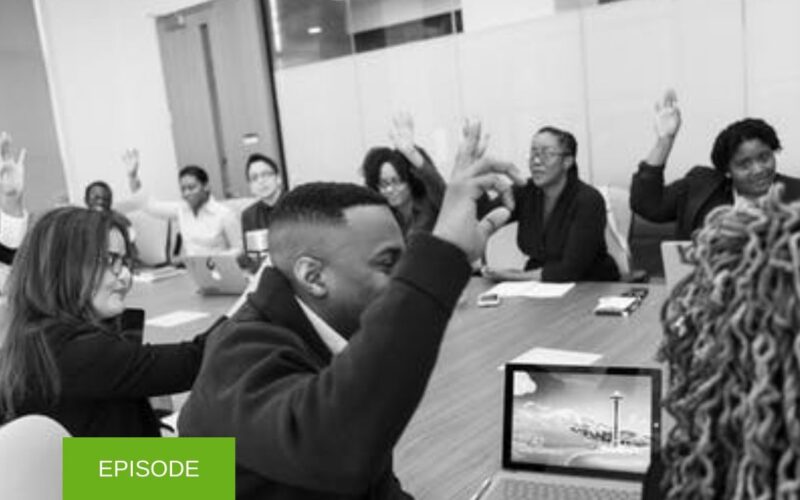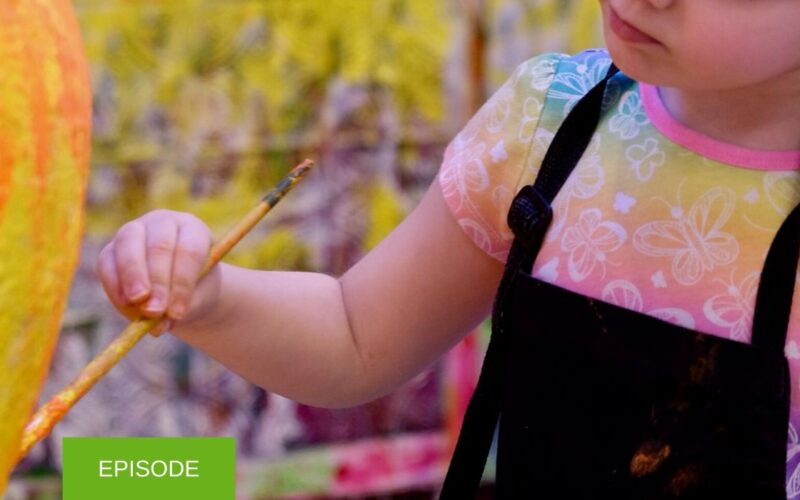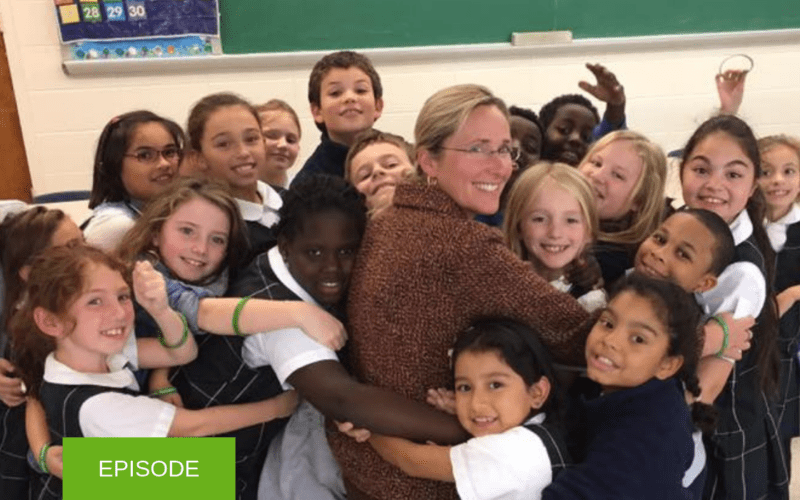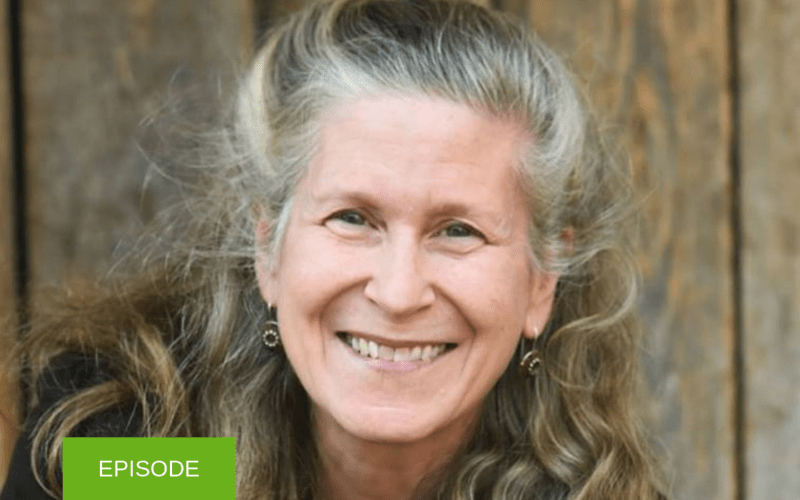Emotionally Responsive Education: “inviting and containing”
Margaret Blachly of Bank Street’s Center for Emotionally Responsive Practice describes how to fit materials, curriculum, and relationships together to create an emotionally safe classroom. Emphasizing the importance of a deep understanding of child development, she tells how important it is to know each child’s “story.” Margaret shares what she’s learned as a dual-language and special ed teacher and gives advice to new kindergarten teachers. Reflecting on Dewey’s Education and Experience, she talks about the ethical dimensions of teaching and the connections between the classroom and the larger society.
Read More
